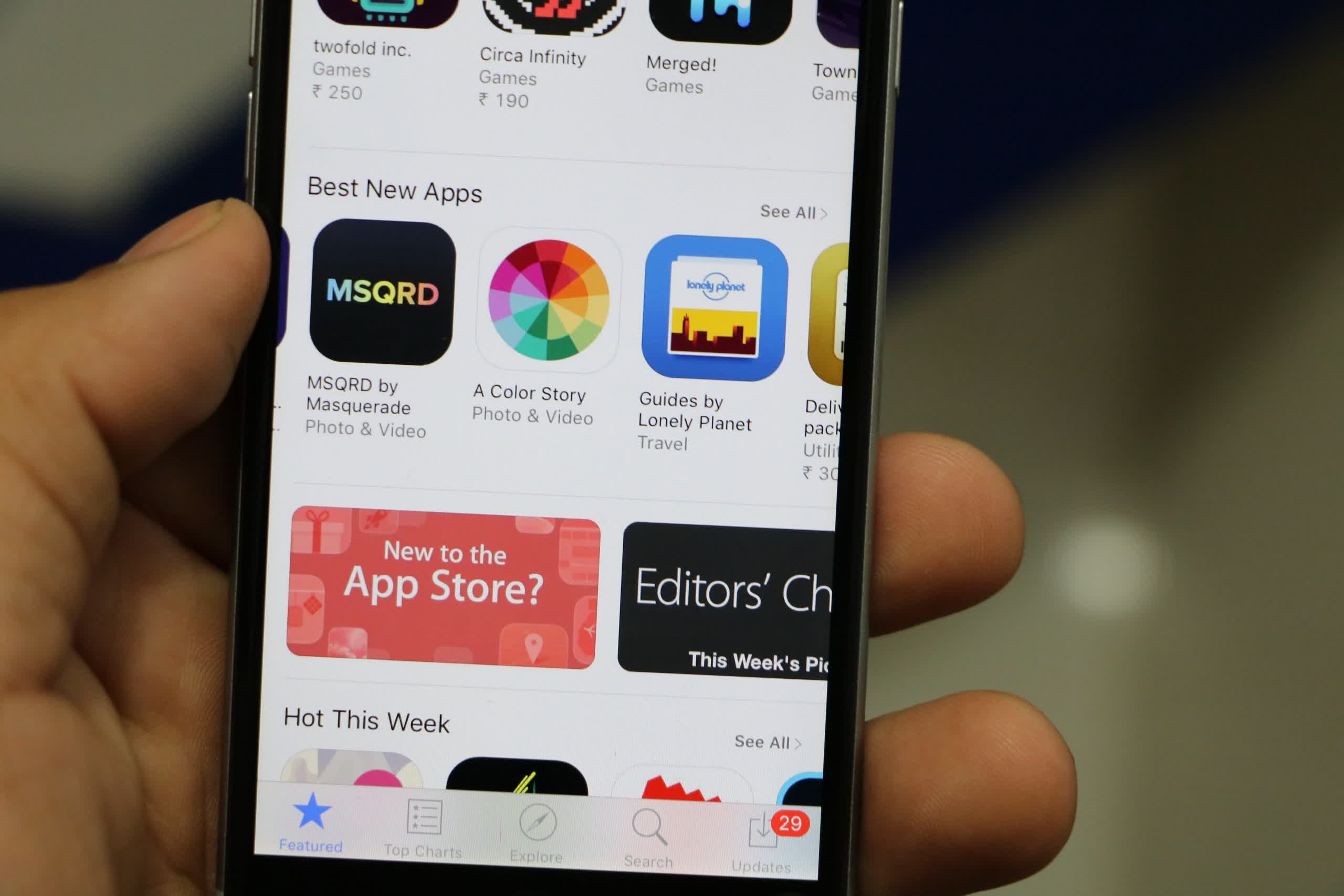In context: Over the weekend, Apple added a button to individual apps in the App Store, allowing users to alert the review board to programs they believe are scams. The company has had this feature in the past, but it was buried at the bottom of the general App Store page rather than on individual app listings and was not very intuitive.

Not only was the previous version somewhat hard to find, but it also did not have a dedicated option for reporting scams. The closest users could get was the slightly vague "Report suspicious activity." Kosta Eleftheriou pointed out the feature on Sunday via Twitter, noting that Apple "quietly" re-added the button after removing it several years ago.
In a major reversal, Apple quietly added back the “Report a Problem” @AppStore button in iOS 15: pic.twitter.com/UopiPDEV7e
— Kosta Eleftheriou (@keleftheriou) October 3, 2021
The button still functions mostly the same. Tapping report a problem sends users to a dedicated website where they can choose to request a refund; report a quality issue; find their content; report offensive, abusive, or illegal content; or report a scam or fraud. It is also specific to the chosen app rather than having to describe and detail the offending program.
The new and improved report button is just one of several App Store changes Cupertino has made in the last few months. Just last week, Apple began allowing users to review built-in iOS apps in their store listings. In August, the company settled a class-action lawsuit filed by developers that included several changes to its App Store policies.
It remains to be seen how diligent Apple will be responding to issues reported using the button. Still, it is at least a decent step in weeding out apps that force users to leave a good review, or worse, ones that scam people out of their cryptocurrency.
https://www.techspot.com/news/91559-apple-quietly-adds-app-store-feature-reporting-scam.html